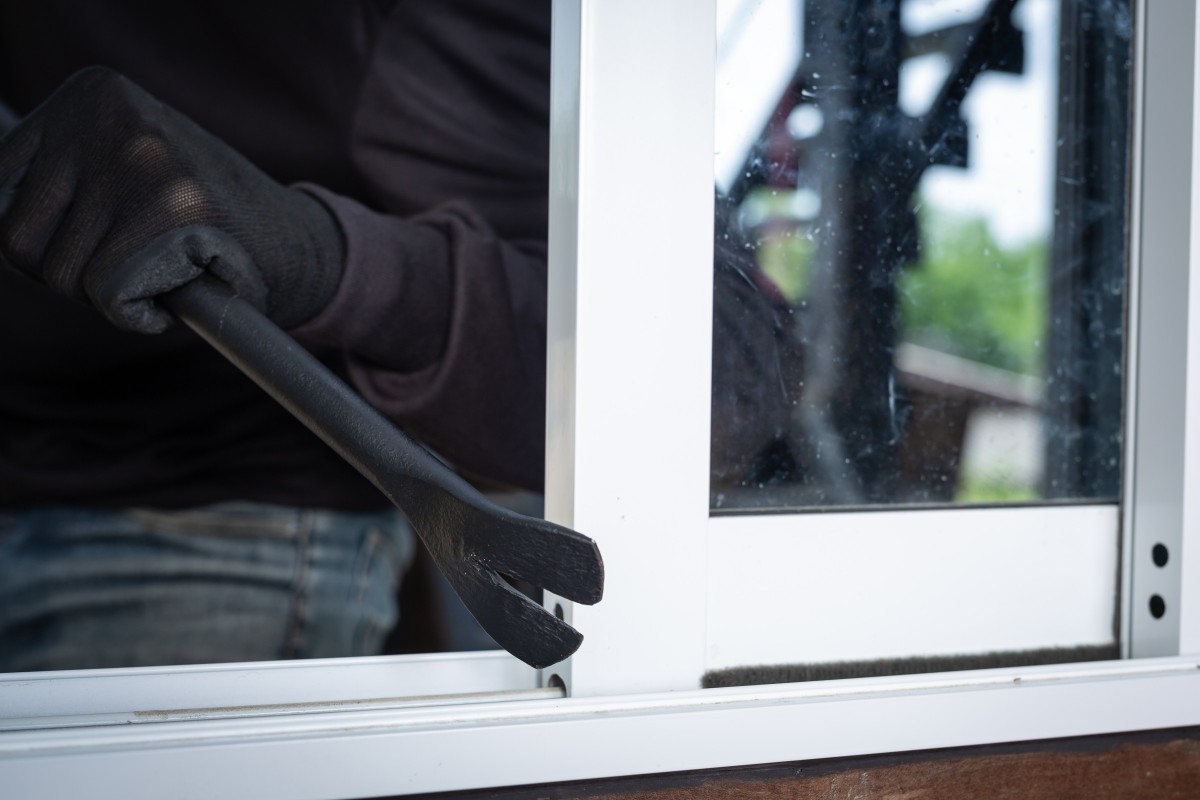
Restrictions on tourist flat rentals and concerns over squatting or rent defaults could result in hundreds or thousands of tourist flats being put up for sale, according to real estate firm K&N Elite.
The new regulations aim to curb the expansion of Tourism Use Housing (VUT) and reduce its negative impact. However, their enforcement has been inconsistent, and there is no guarantee that properties exiting the tourist market will be converted into rental housing.
In 2024, more than 350,000 tourist flats are anticipated, with notable growth in regions like Andalusia, Catalonia and the Balearic Islands. In areas such as Santa Cruz, Seville and central Madrid, "touristification" has led to a high concentration of VUTs, surpassing 60% of the residential stock in some cases.
Impact on the rental and sales market
The surge in tourist flats has directly impacted the rental market, causing a shortage of available rental properties and driving up prices. In cities like Seville and Barcelona, rent has increased by nearly 10% in areas heavily affected by the rise of VUTs.
Additionally, the higher profitability of tourist properties, combined with concerns over squatting and rent defaults, has led many owners to favour tourist rentals. In popular destinations such as the Costa del Sol and the Balearic Islands, the average monthly income from a tourist flat can exceed €2,500 – significantly more than from traditional rentals.
Regulatory measures
In response to the rise of tourist flats and their impact on the real estate market, both central and regional governments have introduced regulations to control this activity. A key initiative has been the amendment of the Horizontal Property Law, enabling residents' associations to veto tourist rentals within their buildings if they secure a qualified majority of three-fifths of owners. This measure seeks to balance property owners' rights with community interests and to mitigate the disturbances often associated with tourist activity in residential areas.
In cities like Madrid, the City Council has ramped up sanctions on landlords operating illegal tourist flats, with fines reaching up to €400,000 for the most severe violations. Meanwhile, in the Canary Islands, a draft law mandates that at least 90% of residential land be reserved for permanent housing and prohibits the use of subsidised housing for tourism purposes.
Tourist flats contribute significantly to the local economy, injecting billions of euros through spending on accommodation, dining and leisure. However, these economic benefits are often accompanied by negative social effects, such as the desertification of traditional neighbourhoods and heightened tensions between residents and tourists.
Future challenges
The future of tourist flats in Spain hinges on striking a balance between the economic benefits of tourism and the need to protect housing rights. New regulations seek to curb the expansion of VUTs and reduce their negative impacts. However, implementing these measures has proven difficult due to inadequate enforcement and inspections. Additionally, there is significant uncertainty about whether properties removed from the tourist market will genuinely be converted into residential rentals.